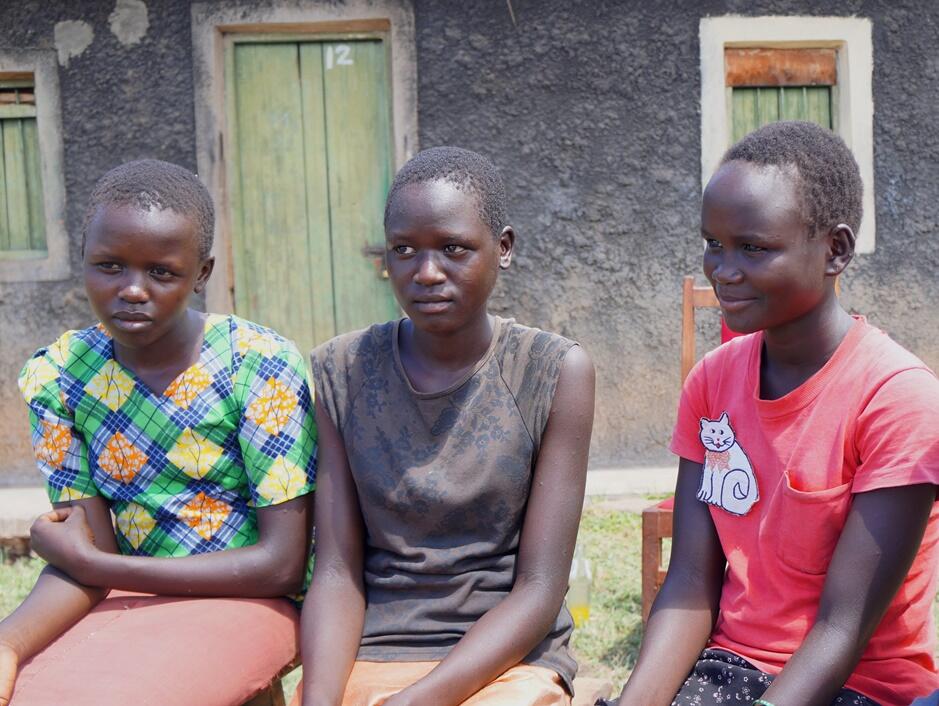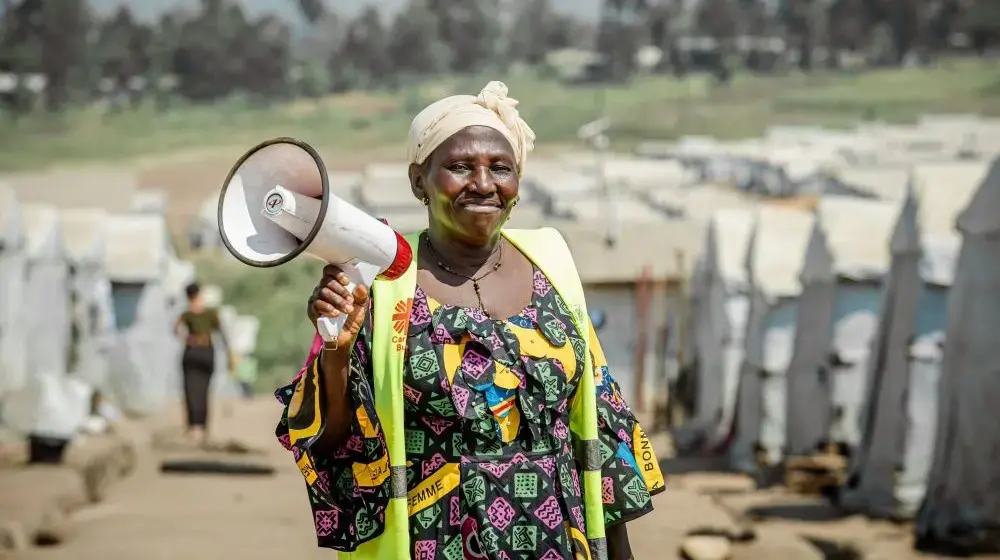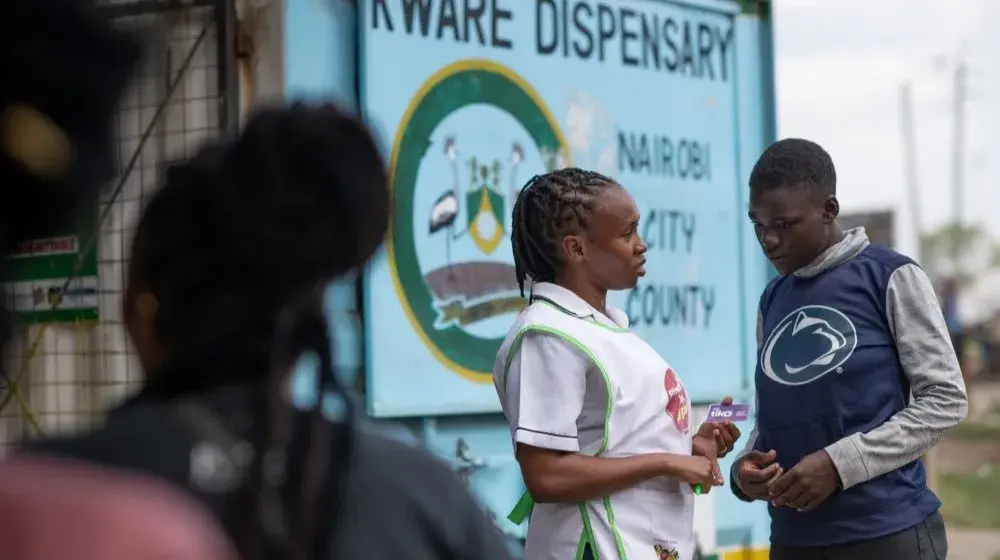![]()
06 – 10 June 2016, Ezulwini, Swaziland
MBABANE, Swaziland – On 3 June, the Southern African Development Community Parliamentary Forum (SADC-PF) adopted the Model Law on Eradicating Child Marriage and Protecting Children Already in Marriage.
At the 39th Plenary Assembly meeting in Swaziland, the SADC-PF adopted the first ever model law on child marriage in the region, which will require member states to harmonize their national laws to prevent child marriages, in support of the African Union Campaign to End Child Marriage in a Generation.
The Plenary Assembly is the highest decision-making body of the SADC-PF, the deliberative forum that brings together National Parliaments from 14 SADC Member States and approximately 3500 Parliamentarians.
The Model Law will provide guidance to parliamentarians, ministries of justice, policymakers, and other stakeholders in SADC countries as they develop national laws. “The Model Law will address the most common problem of inconsistencies and gaps in the laws which weaken the sanction mechanisms available to law enforcement agencies across the region,” said Roland Angerer, Plan International Regional Director for East and Southern Africa. The Model Law eliminates several loopholes that make current laws ineffective and unenforceable, including parental and judicial consent, and conflicts between customary and statuary laws.
Child marriage affects 70 million girls in the world. East and Southern Africa alone harbours 7 million child brides. The SADC-PF and other partners developed the Model Law in response to the high prevalence of child marriage in Southern Africa, which is largely driven by high poverty levels, gender inequity, traditions, religion, and limited educational opportunities for girls. “Child marriage mostly affects girls in rural areas, the uneducated or under-educated and those from the poorest households in SADC and other African countries. It is, therefore, a glaring evidence of societal failure to provide equal protection, opportunities and services to all adolescents,” said Justine Coulson, United Nations Populations Fund (UNFPA) Deputy Regional Director for East and Southern Africa.
“The involvement of civil society and girls affected by child marriage is critical to ensuring the SADC Model Law helps protect millions of adolescent girls who face child marriage. We are pleased to see that young girls, civil society organizations and advocates will soon have the backing of the law to end a practice which deprives millions of girls of the future they deserve,” said Heather Hamilton, Interim Executive Director of Girls Not Brides.
SADC PF’s efforts to develop and adopt a Regional Model Law has been supported by UNFPA East and Southern Africa Regional Office, Plan International’s 18+ Ending Child Marriage in Southern Africa Programme, United Nations Development Programme (UNDP), the Association of European Parliamentarians with Africa (AWEPA), the Southern African Litigation Centre and Girls Not Brides: The Global Partnership to End Child Marriage.
The process to develop the Model Law started in 2015 and has involved wide consultations with various stakeholders in SADC Member States at regional level, including those affected by child marriage, parliamentarians, civil society organizations, human rights commissions and ministries of justice.
“As partners, we applaud SADC PF for its commitment and foresight by adopting this best practice Model Law, which will protect millions of adolescent girls from the negative consequences of child marriage. We now have to implement, implement and implement,” said Nyasha Chingore-Munazvo of the Southern Africa Litigation Centre (SALC).
***
SADC PF, the SADC Parliamentary Forum, is a regional organization of the National Parliaments of SADC Member States formed in 1996 and approved by the SADC Summit of Heads of State and Government in 1997 with the primary objective of involving the people of SADC and their elected representatives in the affairs of SADC. SADC PF is the voice of Parliamentarians in the SADC region and has its Headquarters in Windhoek, Namibia. Contact Programme Director, Ms. Boemo Sekgoma on email: bsekgoma@sadcpf.org/ boemosekgoma@gmail.com cc: Public Relations Officer, Mr Moses Magadza on email mmagadza@sadcpf.org
UNFPA, the United Nations Population Fund, is the lead UN agency for delivering a world where every pregnancy is wanted, every childbirth is safe, and every young person's potential is fulfilled. UNFPA East and Southern Africa Regional Office (ESARO) works in 23 countries in the region as a catalyst for change. Through its Joint Programme with UNICEF, UNFPA implements a Global Programme for Ending Child Marriage. Visit http://esaro.unfpa.org, ‘like’ UNFPA ESARO on Facebook and follow @UNFPA_ESARO on Twitter.
Plan International is one of the oldest and largest children’s development organisations in the world working in more than 70 countries to create lasting change for children and their communities. Plan International is currently implementing the 18+ Ending Child Marriage in Southern Africa Programme. Visit https://plan-international.org/
Girls Not Brides is a global partnership of more than 600 civil society organizations from over 80 countries committed to ending child marriage and enabling girls to fulfil their potential. Visit www.GirlsNotBrides.org and follow @GirlsNotBrides on Twitter.
Southern Africa Litigation Center—an organization established in 2005 is committed to promoting human rights and the rule of law in Southern Africa including adolescents’ access to justice.
The World Young Women's Christian Association - (World YWCA) is a faith-based organisation which advances the empowerment, leadership and rights of women, young women and girls in more than 120 countries around the world. We are a volunteer-based movement, which has been at the forefront of progressing women’s rights for more than 160 years. We are all working toward the same common goal that “by 2035, 100 million young women and girls will transform power structures to create justice, gender equality and a world without violence and war; leading a sustainable YWCA movement, inclusive of all women.”
For more information or any media inquiries, please contact:
Moses Magadza, Communications & Advocacy Specialist, SADC-PF: mmagadza@sadcpf.org
Adebayo Fayoyin, Regional Communications Adviser, UNFPA East and Southern Africa: fayoyin@unfpa.org
Ruth Koshal, Senior Officer for Africa Engagement, Girls Not Brides: Ruth.Koshal@GirlsNotBrides.org
Alexandra Newlands, Africa Programme Associate, Girls Not Brides: Alexandra.Newlands@GirlsNotBrides.org
Samuel Musyoki, Chairperson 18+ Ending Child Marriage in Southern Africa Programme & Country Director, Plan International Zambia : Samuel.Musyoki@plan-international.org
Nyasha Chingore-Munazvo, Lawyer, Sexual and Reproductive Rights Programme, Southern Africa Litigation Centre (SALC): nyashac@salc.org.za




